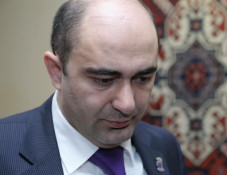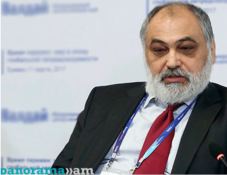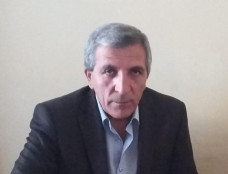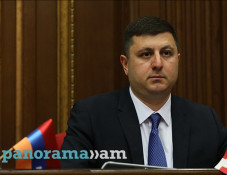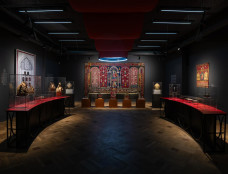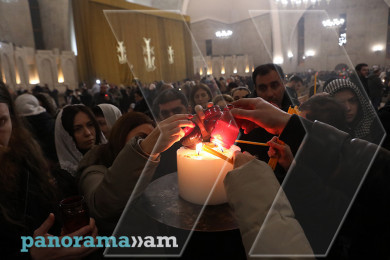It’s in the Armenian-language schools that foreign languages should be well-taught ...
First of all, we should remember that language is not only means of communication but also a way of thinking, the director of the National Archive Amatuni Virabyan told reporters Wednesday.
“Language is a philosophy of life. Language educates and breeds,” A. Virabyan said.
To prove his statement, as a historian, Virabyan brought several examples:
“In late 19th century and early 20th century, Shushi had two schools: a realistic school where subjects were taught in Russian and a diocesan one taught in Armenian. The latter educated national liberation movement figures, while the former gave social-democratic ones. This is to say, language has its effect on the human education and upbringing. It’s in the Armenian-language schools that foreign languages should be well-taught, not vice versa,” Virabyan said.
According to him, 2 well-known 19th -century Armenian Seminaries – Nersisyan and Gevorgyan – were conducting education in Armenian and it didn’t come to be an obstacle for graduates to enter Moscow and St. Petersburg Universities. The schools offered high-quality courses on the Russian, French and German languages.
“Besides Classical Armenian (Old Armenian, Liturgical Armenian), Middle Armenian (Mijin hayeren), and Modern Armenian, or Ashkharhabar, the graduates had a good command of several foreign languages, including Greek and Latin,” A. Virabyan highlighted.



